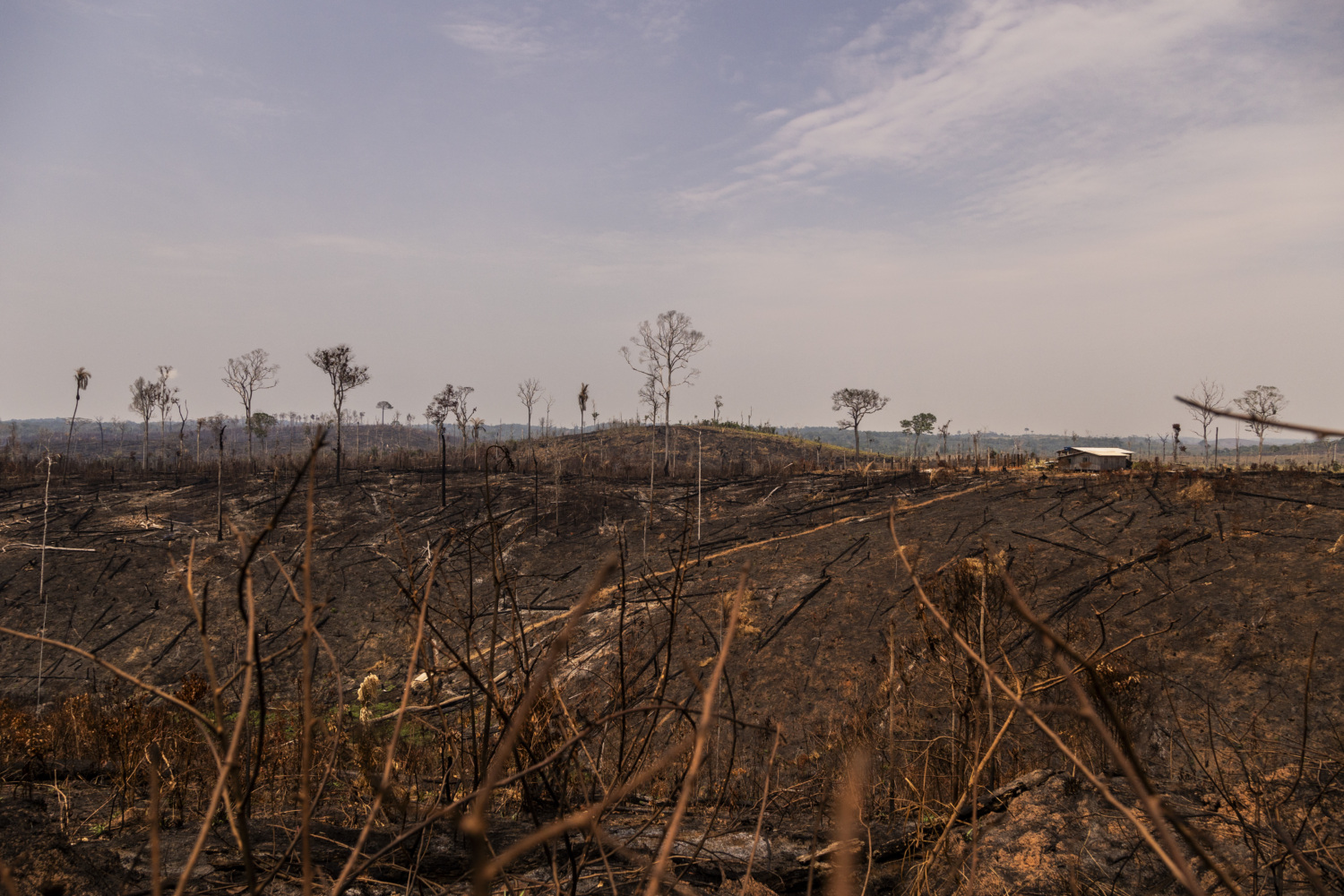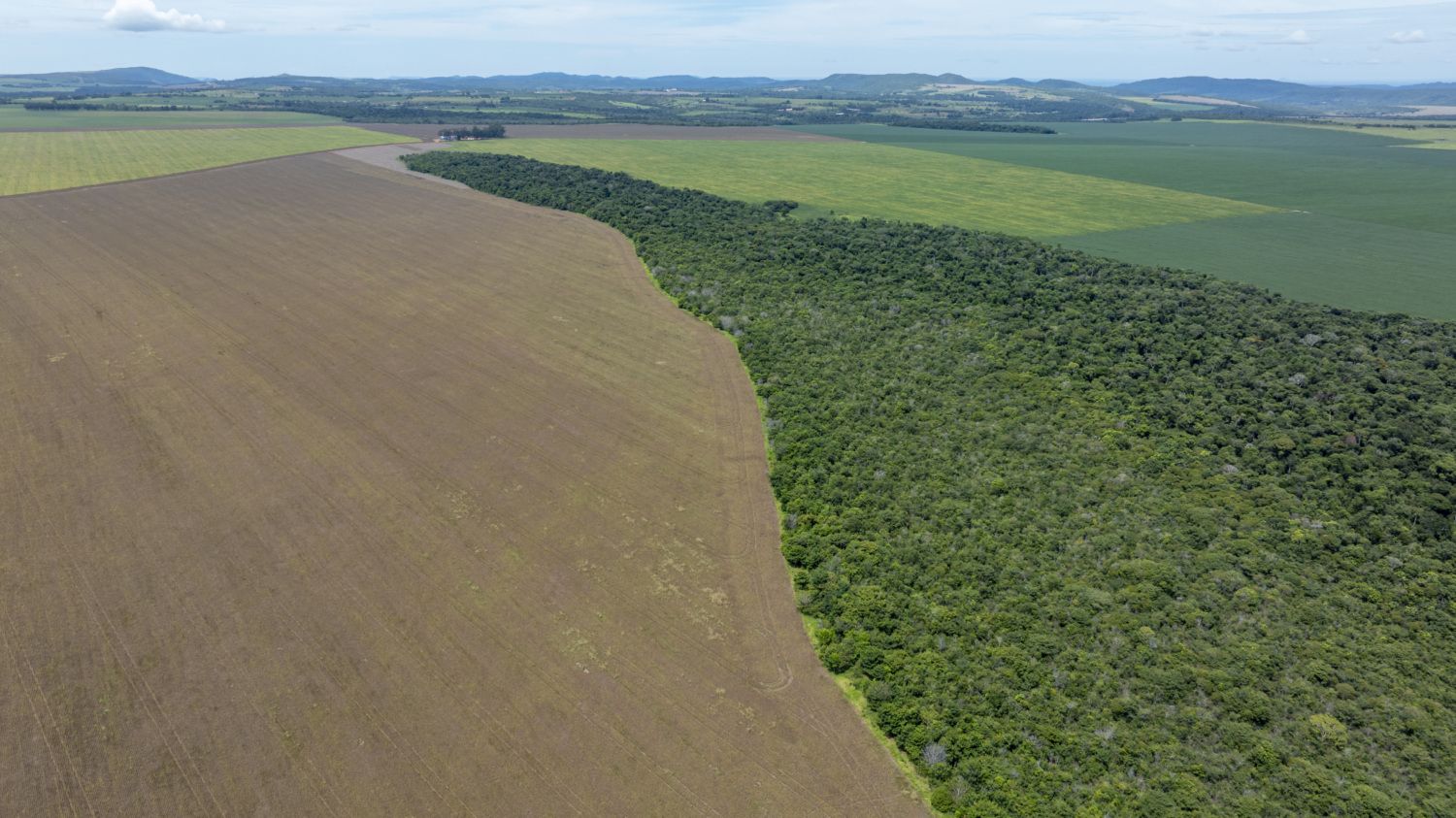
MEDIA RELEASE: Mighty Earth reaction to the UK Soy Manifesto commitment
EMBARGOED UNTIL 00.01 on TUESDAY 9th NOVEMBER
Contact: Joel Finkelstein
1-202-285-0113 | [email protected]
UK Contact: Robin Willoughby, 07595763925. [email protected]
MIGHTY EARTH REACTION TO THE UK SOY MANIFESTO COMMITMENT
On Tuesday 9th November, members of the UK food industry, including Tesco, Sainsbury’s, Morrisons, ASDA and KFC will sign and launch the UK Soy Manifesto, which commits that all physical shipments of soy to the UK are deforestation and conversion free.
Statement of Mighty Earth UK Director Robin Willoughby:
“The message from some of the UK’s largest food businesses to the agribusiness traders working in Brazil, Argentina and other critical areas of biodiversity is clear. No to industrial animal feed that has been produced by bulldozing tropical forests and savannah land and be genuinely transparent about where you source from.
“But British supermarkets such as Tesco and Sainsbury’s could have gone much further. This announcement fails to match an agreement on a gold standard that these same companies committed to only a month ago.
“After missing a 10-year target to tackle deforestation by 2020, supermarkets have essentially extended the deadline by another three and a half years. In this time, savannah land more than double the size of Greater London will have been cleared from the Cerrado biome in Brazil due to the expansion of soy production.
“Worryingly, the UK Soy Manifesto also relies on self-reporting from the very same agribusiness traders that are driving the destruction of forests in the first place.
“To be credible, the signatories to the Soy Manifesto need to put in place clauses in supplier contracts immediately to ensure deforestation and conversion-free soy, rather than punt this down the road.
“Group-level responsibility means that they should also drop suppliers and agribusiness traders such as Cargill and Bunge that are systematically linked to deforestation or fail to be fully transparency about where they source their soy for industrial animal feed.”
Specific Provisions of the Commitment
- Through the UK Soy Manifesto, signatories agree to commit to a cut-off date of January 2020, meaning that signatures will not accept any soy from deforested land – either legal or illegal – after that date. This will apply to both direct and embedded soy to the UK market in their products.
- They will put in place a publicly available action plan to implement the UK Soy Manifesto by 2025, cascade the commitment into direct supplier contracts and commit to ensure that they enact commercial consequences for non-compliance. They will publicly report against progress annually.
- Signatories have given themselves three and a half years to put these measures in place. However, many could be in place within as little as six months. In this time, forest and savannah land equal to double the size of Greater London will have been cleared from deforestation hotspots such as the Cerrado in Brazil at present rates [annual deforestation rates attributed to soy expansion are estimated to reach 110,000 hectares a year in the Cerrado alone].
- The commitment addresses single supply chains from high-risk biomes into the UK market. This ignores a recommendation of the gold-standard ‘Retail Soy Group Roadmap’ for corporate policy to apply to suppliers at their group level – irrespective of the specific company supply chain.
- The UK Soy Manifesto states that transparency is a requirement for the UK market and that signatories will aim to improve transparency and traceability. However, the detail on transparency measures largely rely on the same agri-business traders that are driving deforestation in the first place. The transparency and traceability requirements fall far short of those outlined in more the more ambitious RSG roadmap – which states that traceability should be ensured by traders to a level that compliance can be ascertained.
- For success, the UK Soy Manifesto should have an immediate implementation period and follow the ‘group-level accountability principle’ meaning that signatories will not source from companies credibly linked to deforestation. Full traceability should be a condition in supplier contracts and systems should be established to monitor non-compliance that do not rely on self-reporting from traders.
# # #


